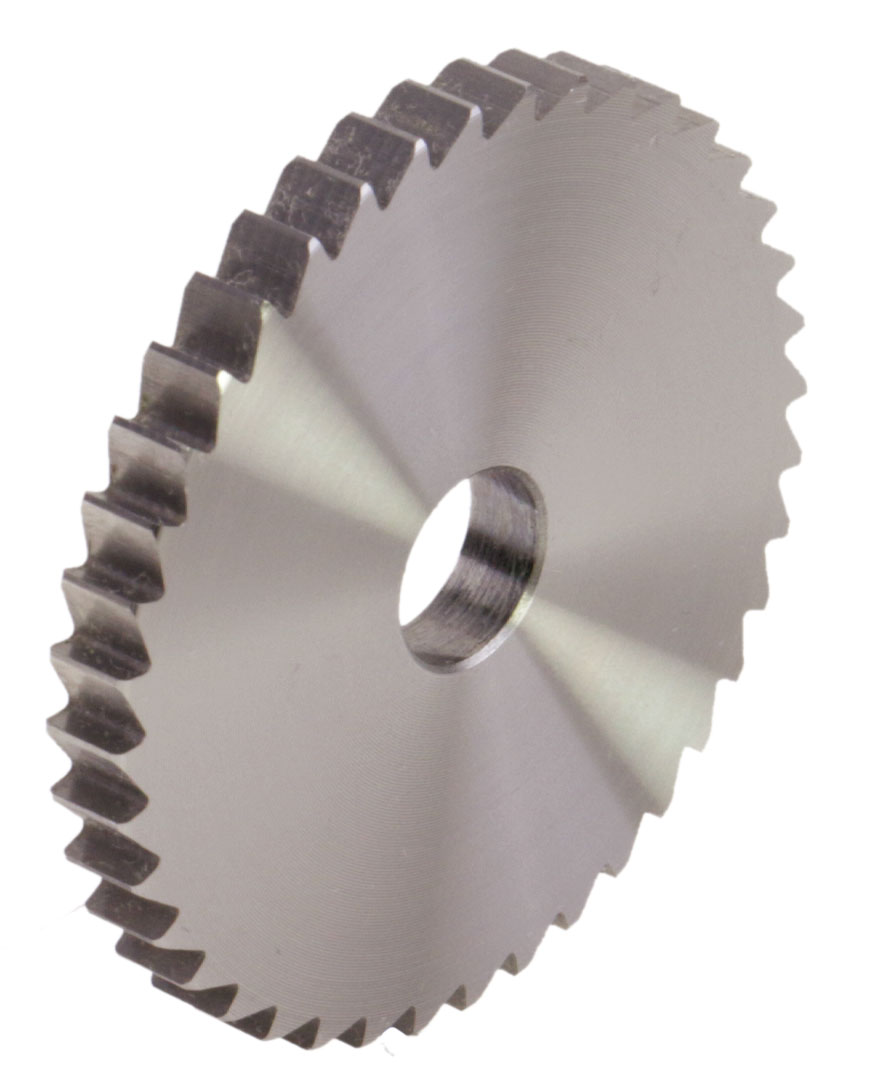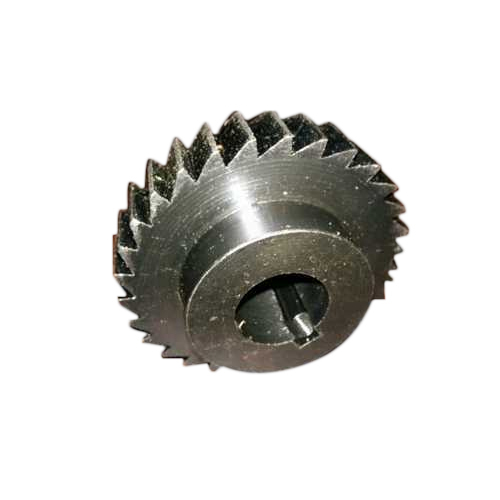Product Description
Product Description
| Length | m | Customized |
| Height | mm | 450-2000(can be customized and adjustable height)Can not climbs |
| Width | mm/KG | 500/50 600/55 800/63 (can be customized) |
| Unitlength /Center distance | mm | 520mm-1500mm/10mm-160mm(Unitlength can be customized |
| Unitload bearing | KG/m² | O- ring belt <25Muti-wedge belt <50 |
| Telescopic ratio | 1:3(One unit closedis 420mm-550mm) | |
| AC motor | 90/120w Woltage: 220V/380V | |
| Electric control box | 380VInput &380V Output/220V Input &380V OutputIncluding emergency stop, start stop, CHINAMFG andreverseFrequency conversion functionspeed ratio :1 :10 /1-06 speed: 1730meter /minute can be adjustable |
Description:
• 60-800kg/h capacity.
• Adjustable conveyor height and speed.
• 200-1000mm conveyor width.
• Available in any length to fit your applications.
• Self Tracking: Cartons follow the twists and turns of the conveyor path without using engineered curves
• Square Tubing Legs: ZY was 1 of the earliest in the industry to offer heavy duty square tubing legs for longer service life in China.
• Casters with brakes: 5" x 1-1/2" swivel casters roll easily. Caster brakes lock both wheel and swivel simultaneously while the conveyor is in use.
• Adjustable Height: Simply turn the locking knob to raise and lower the conveyor bed height.
• Side Plates: Aluminum alloy construction features a ribbed design for added durability. Assembled with bolts and lock nuts.
Certifications
Company Profile
FAQ
Q: Are you a factory or trading company?
A: We are a manufacturer.
Q: Do you accept on-site inspection to check your pellet machine and your factory?
A: We strongly,firmly,warmly and sincerely expect your personal visit,and we hope to have a face-to-face negotiation with you and hope to do our host for you then.
Q: What payment terms do you prefer?
A: T/T,L/C,West Union,Cash,and so on.
Q: What about your delivery period?
A: 5 to 50 workdays CHINAMFG getting advance or L/C,it depends on our production task arrangements,as saying goes:"first come,first served."
Q: How long is the warranty of the product?
A: 2 years.
/* January 22, 2571 19:08:37 */!function(){function s(e,r){var a,o={};try{e&&e.split(",").forEach(function(e,t){e&&(a=e.match(/(.*?):(.*)$/))&&1
| Material: | Stainless Steel |
|---|---|
| Surface Treatment: | Oxygenation |
| Motor Type: | Frequency Control Motor |
| Installation: | Multi-Layer |
| Name: | Telescopic Quality Line Stainless Flexible Gravity |
| Usage: | Workshops Continual Conveying |
| Samples: |
US$ 500/Set
1 Set(Min.Order) | |
|---|
| Customization: |
Available
|
|
|---|

What maintenance practices are recommended for ratchet wheels to ensure optimal functionality?
Maintaining ratchet wheels is essential to ensure their optimal functionality and longevity in mechanical systems. Here are recommended maintenance practices for ratchet wheels:
- 1. Regular Inspection: Perform routine visual inspections of the ratchet wheel and the surrounding components. Look for signs of wear, damage, or deformation. Pay attention to the teeth, as worn or damaged teeth can affect engagement.
- 2. Cleaning: Keep the ratchet wheel and associated components clean from dirt, debris, and contaminants. Clean with a suitable solvent or degreaser to remove built-up grime and ensure smooth operation.
- 3. Lubrication: Apply a suitable lubricant to the ratchet wheel and pawl or catch mechanism to reduce friction and prevent premature wear. Follow the manufacturer's recommendations for lubrication intervals and types of lubricants.
- 4. Pawl or Catch Inspection: Check the pawl or catch mechanism that engages with the ratchet wheel. Ensure it is in good condition, and there is no excessive wear or damage. Replace worn or damaged pawls promptly.
- 5. Alignment: Verify that the ratchet wheel is correctly aligned with the pawl or catch. Misalignment can lead to uneven wear and reduced effectiveness. Make any necessary adjustments to ensure proper engagement.
- 6. Tightening Fasteners: Periodically check and tighten any fasteners, such as bolts and nuts, that secure the ratchet wheel and its associated components. Loose fasteners can lead to play and affect performance.
- 7. Teeth Replacement: If teeth on the ratchet wheel show signs of significant wear or damage, consider replacing the ratchet wheel or the affected teeth. Damaged teeth can lead to unreliable engagement.
- 8. Corrosion Prevention: In corrosive environments, take measures to prevent rust or corrosion on the ratchet wheel. This may include applying protective coatings or using corrosion-resistant materials.
- 9. Calibration (If Applicable): In applications requiring precise control, consider calibrating the ratchet wheel to ensure it provides the desired incremental movement accurately.
- 10. Safety Check: Ensure that ratchet wheels in safety-critical applications are functioning correctly and have not been compromised in any way. This includes systems in vehicles, safety equipment, and emergency mechanisms.
- 11. Replacement: As ratchet wheels age and show significant wear, it's advisable to replace them to maintain the reliability and safety of the system.
Regular maintenance and inspection of ratchet wheels are essential to prevent unexpected failures, ensure proper engagement, and extend their service life. Following these maintenance practices helps maintain the optimal functionality and reliability of ratchet wheels in mechanical systems.

Are there innovations or advancements in ratchet wheel technology that have emerged recently?
Yes, there have been notable innovations and advancements in ratchet wheel technology in recent years. These developments aim to enhance the performance, efficiency, and versatility of ratchet wheels in various applications. Some of the key advancements include:
- 1. Materials and Coatings: Advances in materials science have led to the development of ratchet wheels made from high-strength and lightweight materials. These materials offer improved durability and reduced wear, extending the service life of ratchet wheels. Additionally, specialized coatings are applied to enhance corrosion resistance and reduce friction.
- 2. Precision Manufacturing: Modern manufacturing techniques, including CNC machining and 3D printing, allow for the production of highly precise ratchet wheel components. This precision ensures smoother engagement and more accurate positioning, making ratchet wheels suitable for applications requiring tight tolerances.
- 3. Miniaturization: In industries like electronics and medical devices, there is a demand for smaller and more compact ratchet mechanisms. Recent advancements have led to miniaturized ratchet wheels that can operate in confined spaces while maintaining their precision and reliability.
- 4. Smart Ratchet Systems: Some innovative ratchet systems incorporate smart technology, such as sensors and feedback mechanisms. These systems can monitor the position and condition of the ratchet wheel in real-time, providing valuable data for diagnostics and maintenance.
- 5. Enhanced Safety Features: Advancements in safety-critical applications have resulted in ratchet wheels with enhanced safety features. These may include fail-safe designs, improved locking mechanisms, and more robust materials to withstand extreme conditions.
- 6. Integration with Automation: Ratchet wheels are increasingly being integrated into automated systems, where they play a crucial role in controlled motion and positioning. These integrated solutions improve efficiency and reduce the need for manual adjustments.
- 7. Customization: Manufacturers now offer greater customization options for ratchet wheels to meet specific application requirements. This includes variations in tooth profiles, sizes, and configurations to accommodate diverse needs.
- 8. Sustainable Materials: As sustainability becomes a more significant concern, there is a growing trend toward using eco-friendly materials in ratchet wheel production. This includes the use of recycled and recyclable materials in their construction.
These innovations in ratchet wheel technology contribute to their adaptability in various industries and applications. Whether it's improving precision, enhancing safety, or reducing environmental impact, recent advancements have expanded the capabilities of ratchet wheels in mechanical systems.

What are the different types and sizes of ratchet wheels available in the market?
Ratchet wheels come in various types and sizes to accommodate a wide range of applications. The choice of ratchet wheel type and size depends on factors such as load capacity, space constraints, and the specific requirements of the mechanical system. Here are some common types and sizes of ratchet wheels available in the market:
- 1. Standard Ratchet Wheels: These are the most common type of ratchet wheels, featuring a set of angled teeth that engage with a pawl or catch mechanism. Standard ratchet wheels are available in a variety of sizes, typically ranging from small diameters (e.g., a few inches) to larger ones (e.g., a foot or more) to accommodate different applications.
- 2. Fine-Tooth Ratchet Wheels: Fine-tooth ratchet wheels have smaller and more closely spaced teeth compared to standard ratchet wheels. This design allows for finer control and incremental movement in applications where precision is critical. Fine-tooth ratchet wheels are often used in instruments, delicate machinery, and applications requiring precise adjustments.
- 3. Large Diameter Ratchet Wheels: In heavy-duty applications such as industrial machinery and material handling equipment, large diameter ratchet wheels are employed to handle substantial loads. These ratchet wheels can have diameters exceeding a foot or more, providing the necessary strength and engagement surface for robust performance.
- 4. Miniature Ratchet Wheels: Miniature ratchet wheels are designed for compact and space-restricted applications. They are smaller in size, typically measuring fractions of an inch in diameter. These miniature ratchet wheels are commonly used in electronics, medical devices, and precision equipment.
- 5. Custom Ratchet Wheels: For specialized applications or when off-the-shelf ratchet wheels do not meet specific requirements, custom ratchet wheels can be manufactured. Customization allows for tailoring the size, tooth profile, and material to suit unique applications and load capacities.
- 6. Corrosion-Resistant Ratchet Wheels: In environments where corrosion is a concern, ratchet wheels may be available with special coatings or materials that enhance their resistance to rust and corrosion. These ratchet wheels are suitable for marine, outdoor, or humid conditions.
The availability of ratchet wheel types and sizes in the market ensures that industries and applications of all scales can find the appropriate ratchet wheel to meet their specific needs. Whether it's for heavy-duty machinery or precision instruments, ratchet wheels come in various configurations to support a wide range of mechanical systems.


editor by Dream 2024-05-03